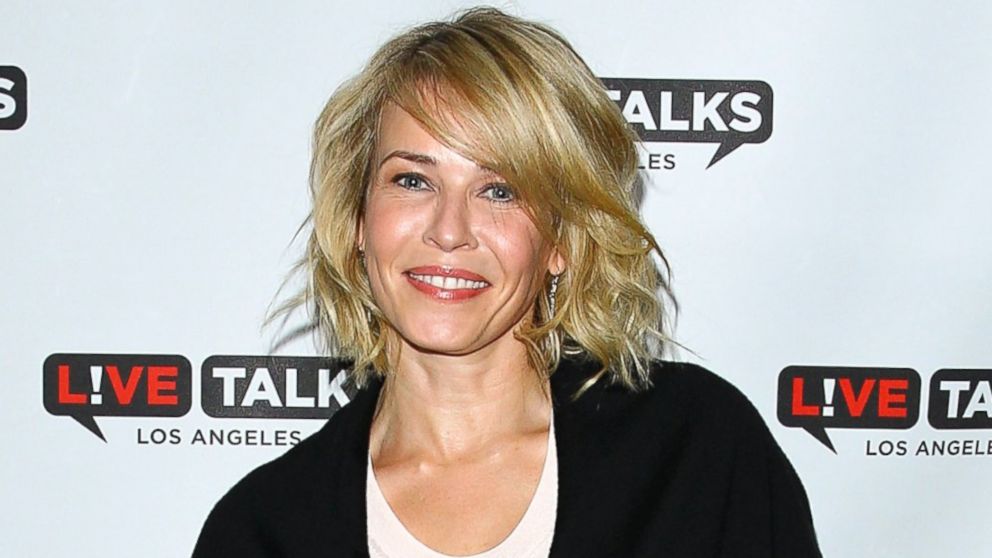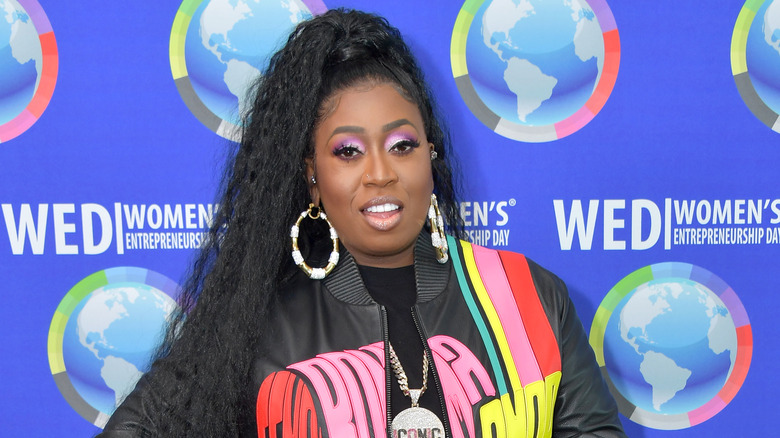Higher education fundraising is essential to keeping colleges and universities thriving. Fundraisers working in this field often need to connect with others, share insights, and learn about the latest trends. For this, social media groups on Facebook and LinkedIn have become valuable tools. Today, we explore some of the top groups available on these platforms for higher ed fundraisers, focusing on how they can benefit professionals in the field.
Why Are Facebook and LinkedIn Groups Useful?
Facebook and LinkedIn groups bring people with similar interests together. For higher ed fundraisers, these groups allow them to discuss strategies, ask questions, and share success stories. It’s a space to connect with others who understand the challenges of securing funds for educational institutions. By joining these groups, fundraisers can gain advice, learn new skills, and stay updated on industry changes.
Facebook Groups for Higher Ed Fundraisers
Facebook offers several groups specifically for higher education professionals. These groups are typically more informal than LinkedIn, but they still provide valuable insights. Here are some popular groups:
1. Higher Education Fundraising & Advancement
This Facebook group connects people working in fundraising, alumni relations, and advancement in higher education. Members discuss a range of topics, from donor engagement to event planning. It’s a supportive community where fundraisers can ask for advice and share experiences.
2. Fundraisers’ Lounge
While not exclusively for higher education, the Fundraisers’ Lounge is a group where all fundraisers can interact. The group covers many areas of fundraising, making it a good option for higher ed fundraisers looking to gain insights from various fields.
3. University Advancement Network
This group is focused on university advancement, which includes fundraising, alumni relations, and marketing. Members share tips on engaging alumni, creating successful campaigns, and finding new funding sources. It’s a great space for anyone working to improve their university’s development efforts.
LinkedIn Groups for Higher Ed Fundraisers
LinkedIn groups are often more professional and focused on career development. For higher ed fundraisers, these groups can offer networking opportunities and more in-depth discussions. Here are some of the top LinkedIn groups:
1. Higher Education Fundraising Professionals
This LinkedIn group is dedicated to fundraising professionals in the higher education sector. Members can share updates, post questions, and connect with others in the field. Topics often include fundraising strategies, donor relations, and new technologies used in fundraising.
2. Educational Fundraising Network
This group focuses on helping education professionals with fundraising. Members discuss strategies, share insights on donor engagement, and provide resources for effective fundraising. It’s a supportive community that encourages members to learn from each other’s experiences.
3. Advancement and Fundraising Professionals in Higher Education
This group is a network for professionals in university advancement and fundraising. Members share tips, job openings, and articles about trends in the field. It’s ideal for fundraisers looking to improve their skills and stay updated on industry changes.
What Can Fundraisers Learn from These Groups?
Both Facebook and LinkedIn groups offer a range of benefits for higher ed fundraisers. Here’s what members typically gain from participating:
- New Fundraising Ideas: Group members often share creative ideas that others might not have considered. This helps fundraisers stay innovative in their approaches.
- Best Practices: Fundraisers can learn about the most effective practices in the industry, from donor communication to event organization.
- Networking Opportunities: These groups provide a chance to connect with others who understand the field. Members often build relationships that lead to job opportunities or partnerships.
- Latest Trends: Fundraising methods are always changing. Group members share updates on technology, techniques, and regulations that impact the field.
- Job Opportunities: LinkedIn groups, in particular, often feature job postings. Members can learn about new positions and openings in higher education fundraising.
How to Make the Most of Facebook and LinkedIn Groups
Being an active member in these groups is key to gaining the most benefit. Here are some tips for making the most out of these groups:
- Ask Questions: Don’t hesitate to ask for advice or clarification. Most group members are eager to help and share their knowledge.
- Share Your Experiences: Sharing your own successes or challenges can encourage others to offer helpful feedback.
- Engage with Posts: Commenting on others’ posts builds relationships and increases the likelihood of getting valuable responses to your own questions.
- Stay Updated: Check the group regularly for new posts and discussions. This ensures you don’t miss out on any valuable information.
- Follow Group Rules: Each group has its own set of guidelines. Respect these to maintain a positive environment for everyone.
Success Stories from Group Members
Many higher ed fundraisers have found success through their participation in these groups. For example, Sarah, a fundraiser from a small liberal arts college, joined the Higher Education Fundraising Professionals group on LinkedIn. Through connections made there, she was able to start a new alumni engagement program that significantly boosted her college’s annual donations. She credits the ideas and feedback from group members for the program’s success.
In another case, John, a development officer at a public university, found valuable advice on planning a virtual fundraiser through the University Advancement Network on Facebook. He was able to organize a successful event that raised over $50,000, thanks to tips and feedback from other group members.
The Difference Between Facebook and LinkedIn Groups
Both Facebook and LinkedIn offer valuable resources, but there are differences. Facebook groups tend to be more casual, allowing for a wider range of topics and interactions. LinkedIn groups, on the other hand, are more career-focused, with a professional tone. Many fundraisers join groups on both platforms to enjoy the benefits of each.
Frequently Asked Questions
Q: Are these groups free to join?
A: Yes, most groups on Facebook and LinkedIn are free. Some may require approval from a group admin, but there is typically no cost.
Q: Do I need to be a professional fundraiser to join?
A: Not necessarily. Many groups welcome anyone with an interest in higher ed fundraising, whether they’re professionals or newcomers.
Q: How much time should I spend in these groups?
A: It depends on your goals. Checking in once or twice a week can keep you updated without taking too much time.
Q: Can I promote my own fundraising events in these groups?
A: Each group has its own rules about promotions. It’s best to check the guidelines before sharing event links or posts.
Q: What if I don’t find what I’m looking for in a group?
A: Feel free to start a new discussion or ask specific questions. Many members are happy to share their knowledge or resources.
Conclusion
For higher ed fundraisers, Facebook and LinkedIn groups offer a wealth of information, support, and networking opportunities. These communities help professionals stay informed, gain new ideas, and connect with others who share similar goals. By joining the right groups, fundraisers can learn valuable skills that benefit their institutions and personal careers. Whether on Facebook or LinkedIn, these groups are an excellent resource for anyone looking to grow in the field of higher education fundraising.










